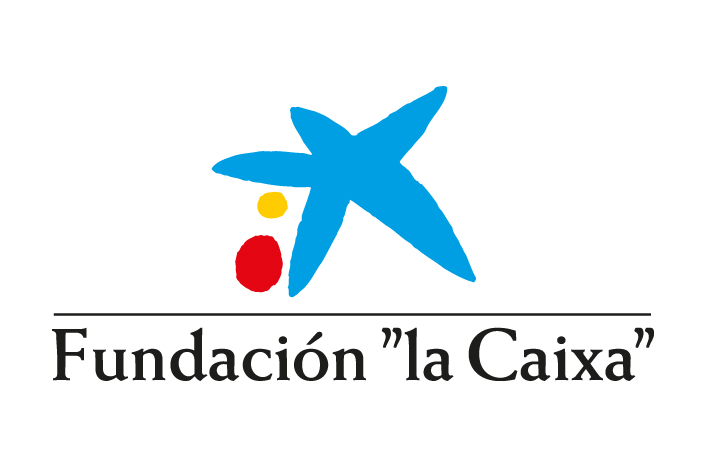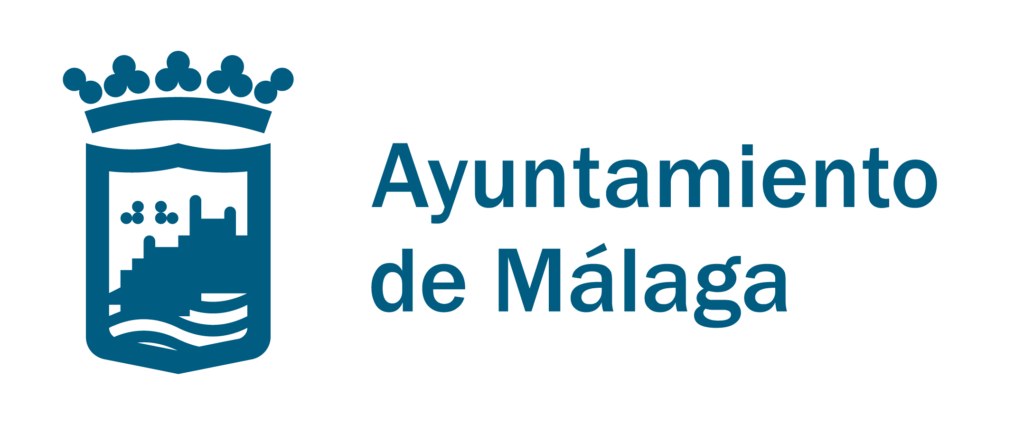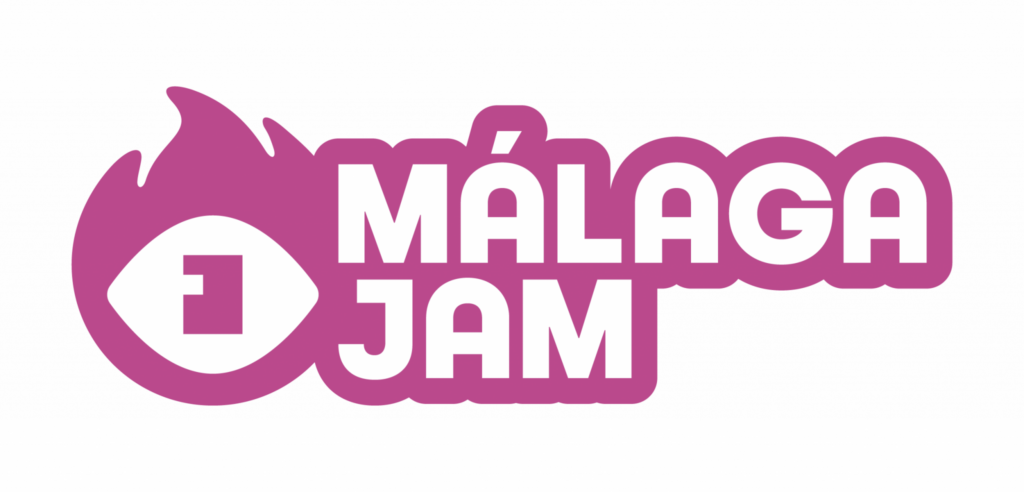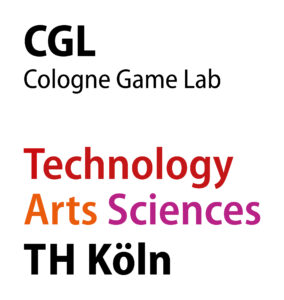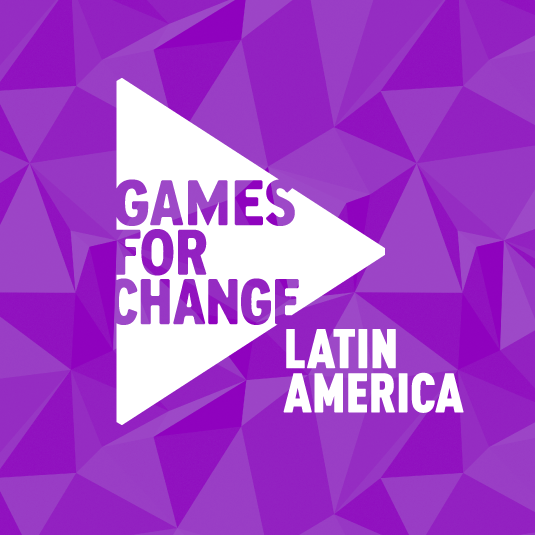Event information
The International Conference on Videogames and Social Impact (CIVIS) is a meeting place for professionals from the world of videogames, the third sector and cultural and educational institutions. A place to meet, tell each other and look for ways to cooperate. The event will last 2 days and will be organized around 4 tracks with a theme or line of content within an event or conference, grouping presentations, round tables and activities related to a specific theme.
Structure of the event
The event will last 2 days and will be organized around 4 tracks with a theme or line of content within an event or conference, grouping presentations, round tables and activities related to a specific theme.
MONDAY, NOVEMBER 18
TUESDAY, NOVEMBER 19
TRACK 1
Temptification of the unattractive – with Game Design, straw to gold
18N 16:00

Structure: 6 presentations (20 mins + 10 mins of questions).
Information
The conference will explore the application of game design principles to enhance the appeal of traditionally uninteresting topics. Six speakers will give presentations of 30 minutes each, followed by question and answer sessions, addressing various aspects of this topic.
Presentations will cover game types such as exergames and edugames, focusing on topics such as waste separation, financial literacy, bully grooming strategies, domestic violence, criteria for high quality serious games and exercise. Each speaker will present examples of games that effectively engage users with these topics.
Key elements of game design will be examined, such as the use of attractive visual design, minimization of text, creation of engaging characters, and incentive systems to promote replayability. In addition, speakers will discuss the quality measures and criteria necessary to develop effective serious games.
The topic will conclude with a brief reflection on the potential of these game design strategies to make educational content intrinsically engaging and enjoyable. This session aims to provide ideas and practical guidelines for integrating these principles into the development of serious games.
Speakers

Subject
Education in video games as a means to develop learning.
Schedule
Friday, November 18
10:00 AM
TRACK 1
Temptification of the unattractive – with Game Design, straw to gold
MONDAY, NOVEMBER 18
from 16:00 to 20:00
ROOM: PATIO

The conference will explore the application of game design principles to enhance the appeal of traditionally uninteresting topics. Six speakers will give presentations of 30 minutes each, followed by question and answer sessions, addressing various aspects of this topic.
Presentations will cover game types such as exergames and edugames, focusing on topics such as waste separation, financial literacy, bully grooming strategies, domestic violence, criteria for high quality serious games and exercise. Each speaker will present examples of games that effectively engage users with these topics.
Key elements of game design will be examined, such as the use of attractive visual design, minimization of text, creation of engaging characters, and incentive systems to promote replayability. In addition, speakers will discuss the quality measures and criteria necessary to develop effective serious games.
The topic will conclude with a brief reflection on the potential of these game design strategies to make educational content intrinsically engaging and enjoyable. This session aims to provide ideas and practical guidelines for integrating these principles into the development of serious games.
Sessions

Presentation
Creative processes are messy, non-linear and chaotic. This talk will explore the ways we conceived 1000xRESIST with a writer's room inspired by our experiences in the experimental performing arts. How did we have to adjust our processes as we crossed modalities? And how can these processes help flesh out science-fiction world building and articulate diasporic experiences?
18 NOV
16:00 - 16:30
Round table: Playing within formal education
We play within formal education
18 NOV
17:00 - 18:00

TRACK 2
Territory, History and Traditions
MONDAY, NOVEMBER 18
from 16:00 to 20:00

This track focuses on video games as a resource to narrate real places and cultural heritage, as a tool to encourage players to discover and rethink the world. Both as a term and as a concept, “territory” is multifaceted: it refers to history, folklore and social issues at the same time. Therefore, it is impossible to separate the territory from the events and people within it.
This track will discuss several case studies that combine video games and territory, with special attention to historical narratives and local traditions.
Structure: 4 presentations (20 mins + 10 mins of questions) and 2 round tables (40 mins + 10 mins of questions).
Track 3
Playing with the world: education and video games

This track focuses on video games as a resource to narrate real places and cultural heritage, as a tool to encourage players to discover and rethink the world. Both as a term and as a concept, “territory” is multifaceted: it refers to history, folklore and social issues at the same time. Therefore, it is impossible to separate the territory from the events and people within it.
This track will discuss several case studies that combine video games and territory, with special attention to historical narratives and local traditions.
Structure: initial presentation (30 min) and workshop (3 hours).
Track 4
Playing in the Museum: Experiments in Decoloniality

The diagnosis that European modernity is part of the colonial legacy (raised at the end of the 20th century by research on the concept of modernity/coloniality) places museums in a double crisis: not only the provenance of many collections is necessarily questioned, but also, in view of the origin of the museum in modernity, the fundamental structures of the institution itself.
So far, the theoretical and practical approach to the work, through which museums attempt to productively utilize this crisis for their own development, has focused primarily on material aspects of decoloniality, such as restitution processes and their communication. In contrast, decolonial approaches that address the immaterial (whether in terms of content or structures) rarely go beyond the recognition of the need to overcome the hegemony of the global North in the interpretation of history and its memory.
Aside from concrete material exhibits, the complexity of conveying broader thematic contexts associated with colonial history poses particular challenges for museum work oriented toward a comprehensive decolonial stance.
In this context, the question arises as to how the specific characteristics and strengths of games, such as processual rhetoric or interactivity, can be used to advance this position and contribute new ideas and methods for the updated mediation of colonial heritage and its insertion in the museum as an institution.
In light of the complexity of discourses around the concept of decoloniality, a concrete guideline is needed to fruitfully respond to this question. Therefore, the workshop will take six goals of decolonization (namely: creating visibility, increasing inclusivity, decentralizing, promoting empathy, enhancing transparency, and embracing vulnerability) distilled by Ariese and Wróblewska (2021) as a framework to highlight the interdisciplinary focal points of the discussion on play and decoloniality in museums.
The workshop will take a creative, active and collaborative format in which participants will reflect and work together to think through hypothetical museum game experiments.
Structure: 4 presentations (20 mins + 10 mins of questions) and 2 round tables (40 mins + 10 mins of questions).



